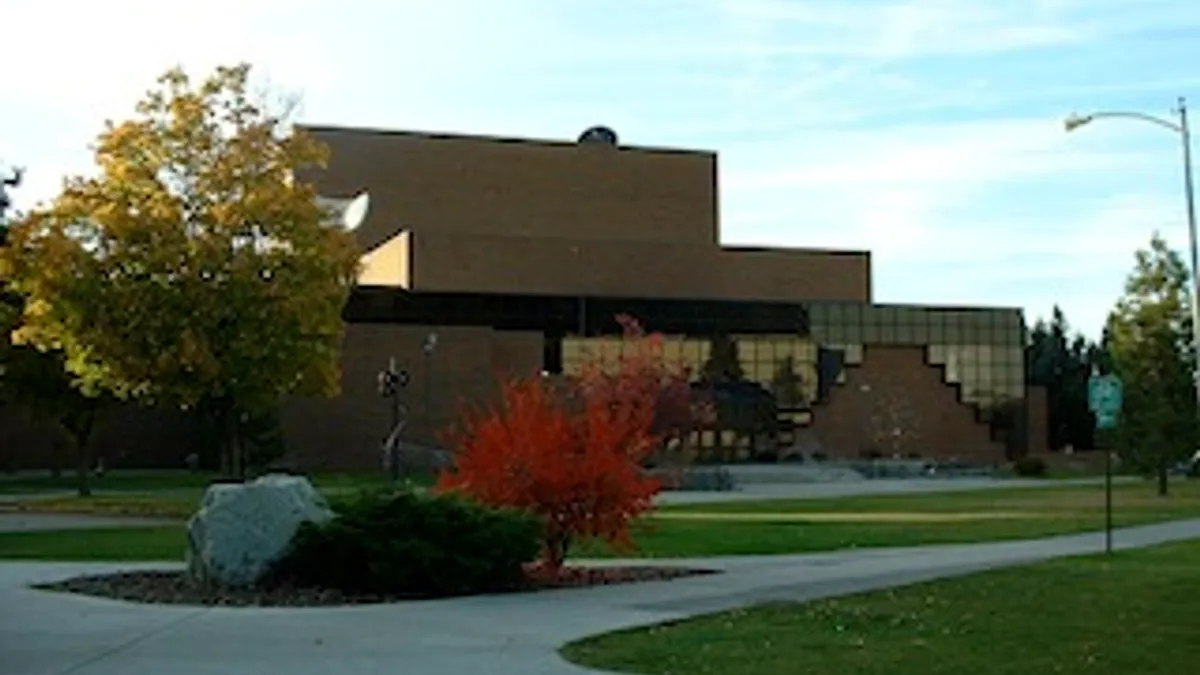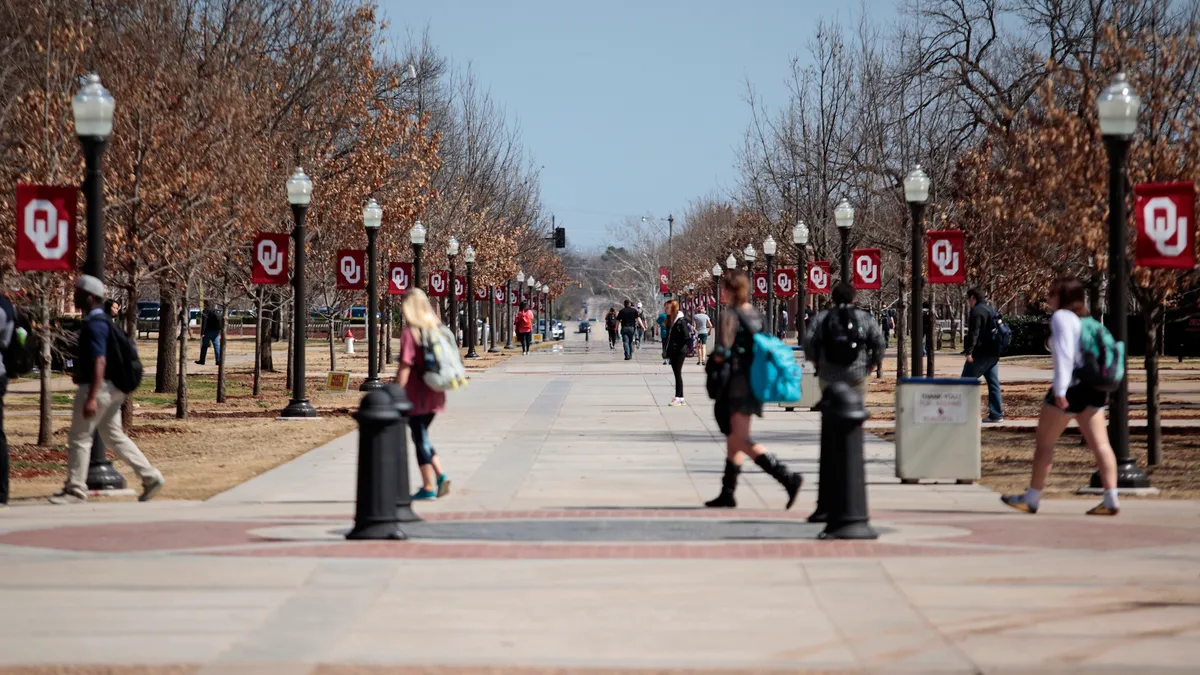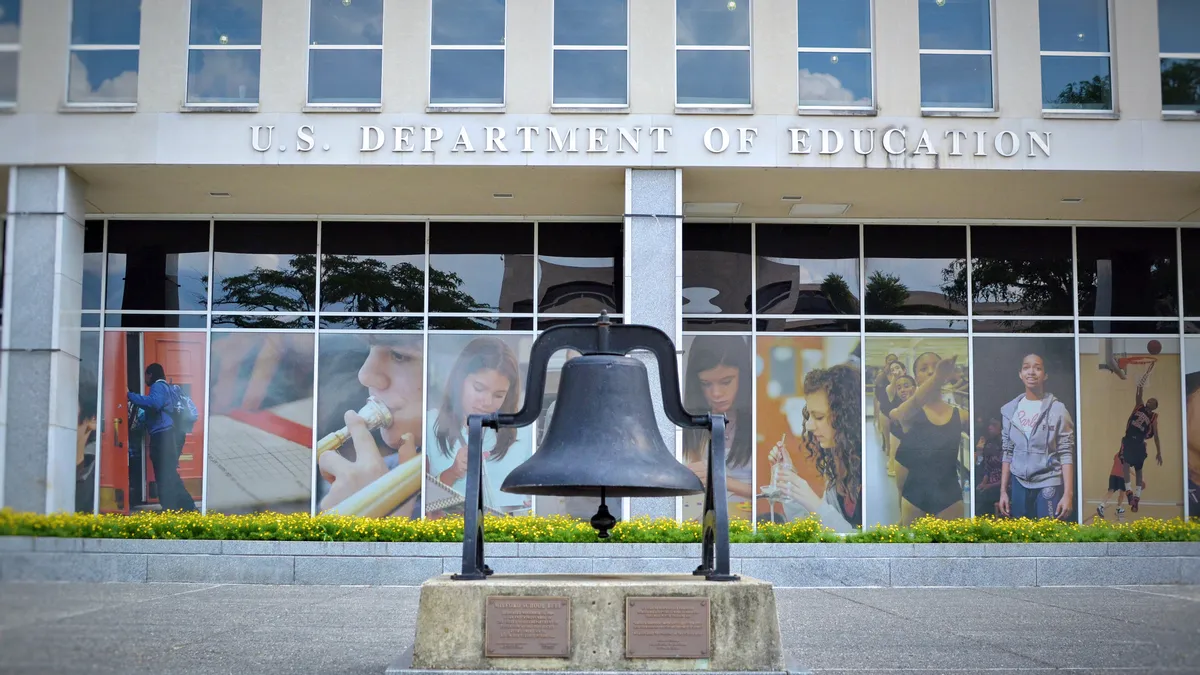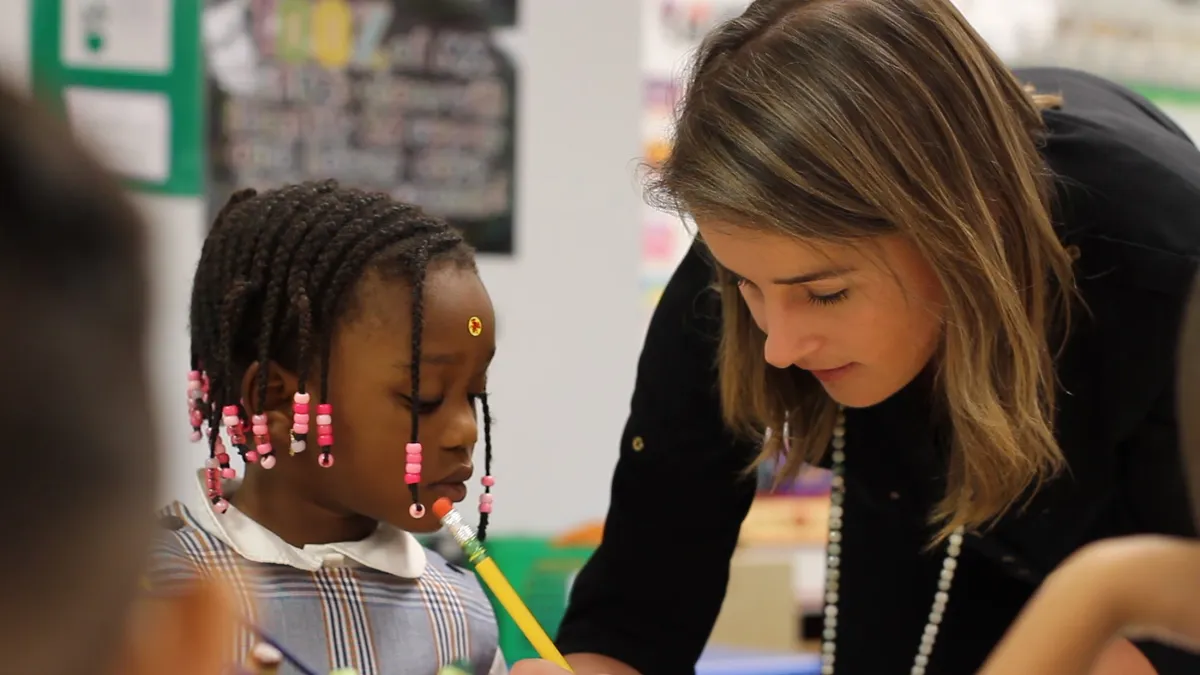Education is the most powerful weapon which you can use to change the world.
~Nelson Mandela
In perusing some education-based news sources, I came across two topics that independently caught my attention. One pertained to the increasing awareness of the relationship between a college education and one’s general health, and the other was related to the need to infuse more creative and critical thinking into our education system. While each of these issues could fill a complete article, I would like to focus on the interdependency between them to bring some interesting insights to the surface.
In an early 2018 issue, the Chronicle of Higher Education published a heart wrenching article about the problems that keep Missouri’s Bootheel region, situated in the Southeastern part of the state, in a stranglehold. A disturbing correlation between deficient educational preparedness and diminished career opportunities was revealed. This is in and of itself nothing new, of course, but this correlation was further linked to an increased percentage of sick people and “deaths of despair” (from drugs, alcohol, or suicide). The county described in this case, Dunklin County, Mo., has only 12.6% of people with bachelor’s degrees, compared to the national average of 31.3%, yielding a median household income of about $31,000 compared to the national average of nearly $54,000. Unfortunately, there are numerous places in the US that reveal a similar concerning reality, as can be seen in the table below.
States with lower percentages of college degree holders, also account for lower median household incomes, and additionally, rank rather low in general health. This clearly accentuates the need to stimulate our upcoming generations nationwide toward obtaining at least a bachelor’s degree. Fortunately, we live in times where age is no longer an impediment to furthering one’s education and career, so the encouragement should also be extended beyond the younger echelons of society. Not only does a higher college degree open the door to better paid jobs, it generally also leads to different decision-making processes.
This, then, is a great segue into the other attention grabber that I would like to share: the need to infuse more creative and critical thinking in our education system. While earning a college degree is definitely better than not earning one, it is equally important to consider the content as well as the context in this matter. In a recent keynote, delivered at the 38th Annual Future of Education Technology Conference (FETC), Sir Ken Robinson, my favorite educationalist, re-emphasized his concern about the lingering excessive focus on conformity versus diversity, compliance versus creativity, and competition versus collaboration. He pointed out, as he regularly does on several forums and in his books, that the philosophy implemented in education structures today is based on the now obsolete mindset and strategy of the industrial era, a timeframe we left behind us almost a century ago! In his own creative way, Robinson underscored that educators have to consider what they teach upcoming generations of professionals: finding solutions to problems through more creative and critical thinking, by looking beyond the periphery of the immediate and available resources. Robinson encouraged more playfulness and team performance in educational settings, as this is simply more in line with human nature.
Let us now weave the two ideas together: 1) Exposing yourself to higher education leads to increased career opportunities and better health; and 2) Thinking more critically and creatively with a collaborative focus leads to better professional performance. I see these two ideas as a perfect sequence toward repeated success in life, in professional as well as personal environments. I believe that those who aim to embark on obtaining a four years degree or higher should start with considering the educational models used by various institutions of higher education. Obtaining higher education is essential, but it is equally critical to make sure that you obtain the type of education that will prepare you for the needs of an ever-changing, fast-paced, surprising world.
As the Business School Dean at Woodbury University, a small, private, non-profit educational institution, I take pride in working with a faculty team that understands the importance of team performance, civic engagement, and a high level of interaction. Each of these aspects is vital for performance in every area of life: team performance leads to deeper and broader insights and richer outcomes; civic engagement ensures exposure to, and therefore, better understanding of real life situations; and an interactive setting leads to enhanced participation and critical thinking. By exposing all our business undergraduate and graduate students, regardless of their major or concentration, to a variety of real life challenges, we encourage them in team settings to identify and engage in ways to alleviate existing needs in society. By doing so we train our graduates in critical and creative thinking, help expand their horizons for career options, and illuminate their preparedness to implement business with a conscience.


















